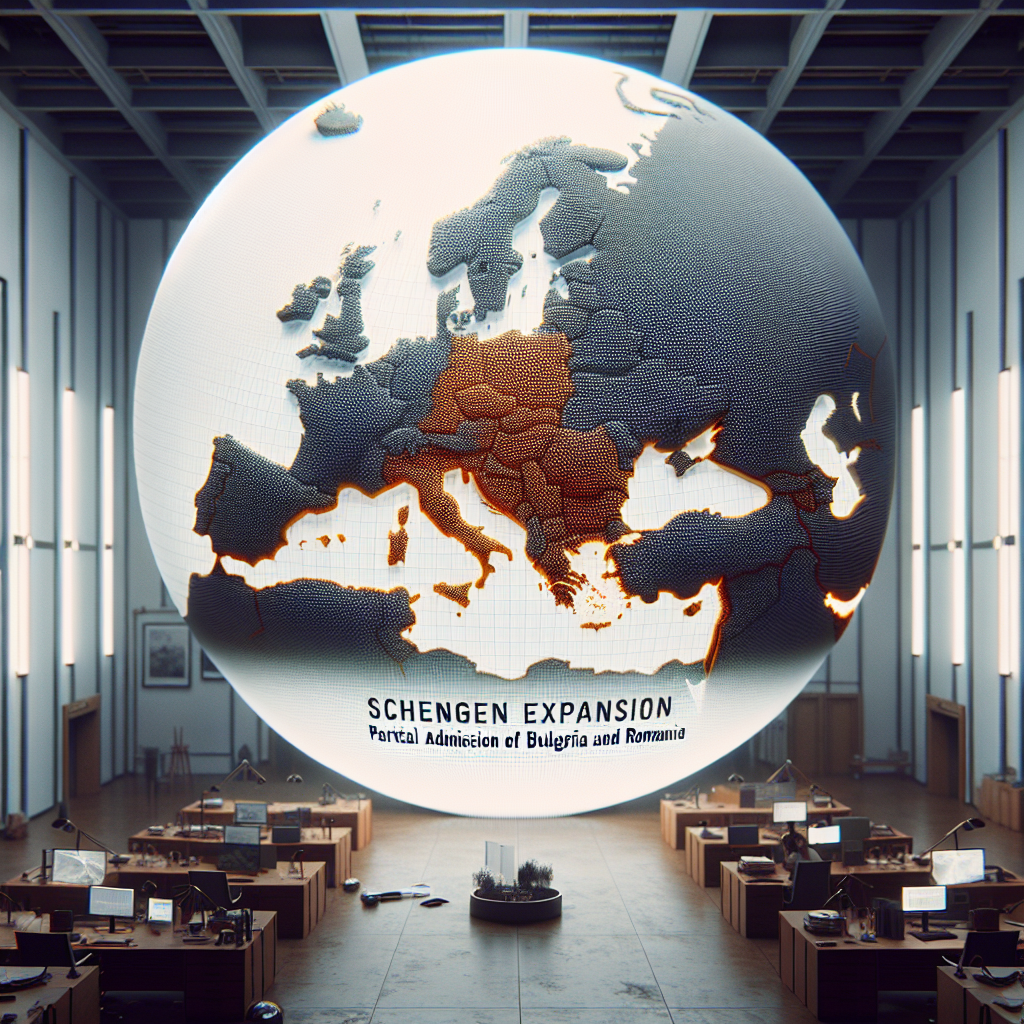Romania and Bulgaria have partially been admitted into the Schengen zone, Europe’s passport-free travel area. Despite this development, checks at land borders persist. This expansion step is instrumental in unifying and improving the free movement spirit within the European Union (EU).
Understanding the Schengen Area
Established back in 1985, the Schengen Area serves as a symbol of Europe’s commitment to seamless border crossing and unrestricted movement among member nations. The Schengen Area originally encompassed 23 out of 27 EU member states, alongside non-EU members consisting of Switzerland, Norway, Iceland, and Liechtenstein. It must be noted that approximately 3.5 million people take advantage of this free movement daily, crossing internal borders with no checks.
Partial Accession into Schengen Zone
In a recent development, Bulgaria and Romania, two countries that joined the EU in 2007, have achieved partial assimilation into the Schengen zone. This move expands their accessibility and freedom to navigate within the vast European region. However, maintaining the security of the region’s external borders has led to sustained checks at land borders for the two countries.
Resistance to Full Membership
The journey to full Schengen membership for both Romania and Bulgaria has not been without its stumbling blocks. At the end of 2022, Austria used its veto power to bar the two countries from becoming full Schengen members. This act drew sharp criticism from multiple quarters, advocating for equality and unity among all the countries in the European Union.
Croatia’s Full Accession
Against the backdrop of Romania and Bulgaria’s partial admission, Croatia enjoyed full entry into the Schengen Area. Croatia, which joined the European Union in 2013, six years after Bulgaria and Romania, did not face the reservations that its fellow EU members Bulgaria and Romania did. Austria’s affirmative nod for Croatia points to the varying considerations at play in decisions regarding Schengen membership.
In conclusion, the partial induction of Bulgaria and Romania into the Schengen zone is a step forward in strengthening the unity of European nations. It enhances travel convenience, even as checks at land borders continue. Future dynamics and discussions will determine whether these two nations achieve the full Schengen membership, like their EU compatriot, Croatia. The evolution of free movement within the EU denotes significant geopolitical implications, inextricably tied to the principles of unity, freedom, and equality.

